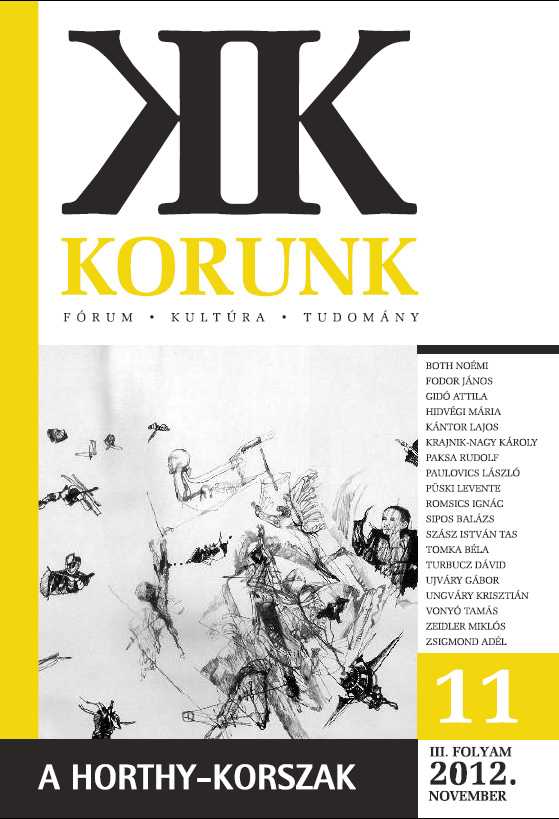Szociálpolitika Magyarországon a világháborúk korában
Hungarian Social Policy in the Interwar Period
Author(s): Béla TomkaSubject(s): History, Recent History (1900 till today)
Published by: Korunk Baráti Társaság
Keywords: social policy; social security; history; interwar Hungary
Summary/Abstract: The first social security schemes were introduced in Hungary relatively early, at the end of the 19th and the beginning of the 20th century. These programmes, similarly to the practice of most of the European countries, only covered industrial workers, while the public employees were granted pension and other welfare benefits by separate schemes. The inclusion of other social groups into the welfare programmes took place fairly slowly and only accelerated during the Second World War. Thus, the welfare system of interwar Hungary was characterized by a serious contradiction. On the one hand, a major part of the industrial employees was covered by health, occupational injury and old age pension insurance, and the level of the benefits was also high in an international comparison. The public employees similarly received relatively generous benefits. However, the social rights of the agricultural population constituting the majority of the total population were very modest in that period. The social welfare system noticeably began to open up to the rural population as a result of the change in the political constellation from the mid-1930s.
Journal: Korunk
- Issue Year: 2012
- Issue No: 11
- Page Range: 46-55
- Page Count: 10
- Language: Hungarian

